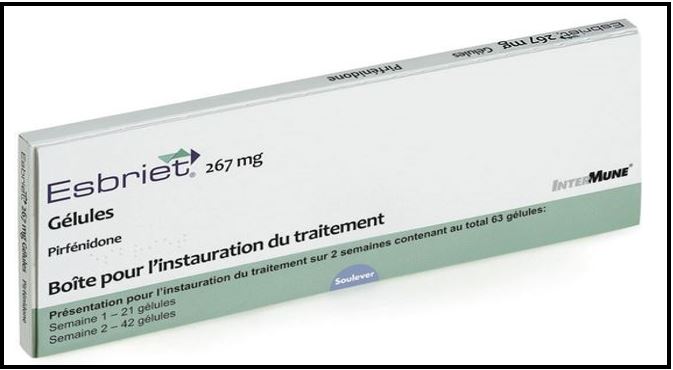A Roche InterMune acquisition deal worth $8.3 billion has been agreed by the two companies. The Swiss multinational giant is willing to pay a high price for the Californian company that has a drug for idiopathic pulmonary fibrosis, which has not yet turned a profit.
According to the Basel-based drugmaker, the boards of both companies have approved the merger agreement.
Roche CEO, Severin Schwan, said regarding the transaction:
“We are very pleased that we reached this agreement with InterMune. Our offer provides significant value to InterMune’s shareholders and this acquisition will complement Roche’s strengths in pulmonary therapy.”
“We look forward to welcoming InterMune employees into the Roche Group and to making a difference for patients with idiopathic pulmonary fibrosis, a devastating disease.”
About idiopathic pulmonary fibrosis
Pulmonary fibrosis is a disease in which deep lung tissue becomes thick and stiff, or scarred over time. The scar tissue is known as fibrosis. As the tissue gets thicker it becomes more difficult for the lungs to move oxygen into the bloodstream. Consequently, the brain and other organs in the body do not get enough oxygen. Idiopathic means there is no known cause.
Idiopathic pulmonary fibrosis generally affects middle-aged males and older adults. It is a serious incurable disease. Most patients survive from 2 to 5 years after diagnosis.
The disease is diagnosed in approximately 48,000 American patients annually.
Analysts forecast InterMune’s drug pirfenidone, which is still awaiting FDA approval, will generate about $1 billion a year. The medication has been approved for idiopathic pulmonary fibrosis (IPF) in the European Union and Canada, where it is marketed as Esbriet.
Both companies say they expect pirfenidone will be launched in the US this year.
Pirfenidone is marketed as Esbriet in the EU and Canada.
$74 per share all-cash transaction
Roche says InterMune has other research programs exploring new pathways and targets that may ultimately provide better treatment options for patients with fibrotic diseases.
The acquisition will allow Roche to expand in the respiratory disorders field, one of the major pharmaceutical markets.
Roche is offering $74 per share in an all-cash transaction, which is 38% higher than InterMune’s $53.80 price at close of business on Friday.
Analysts wonder whether the Roche InterMune acquisition is a wise move. The Californian company has just one product in a therapeutic area that will become much more competitive.
Rival drugmaker, Boerhinger Ingelheim has an IPF drug candidate called nintedanib, which the FDA is currently reviewing. A decision on that medication is expected in February 2015.
Earlier this month, Roche said it would pay about $10 billion for the remaining shares it does not own in Chugai Pharmaceutical Co. Ltd. In July, Roche and Seragon Pharmaceuticals agreed on a $1.725 billion takeover.

